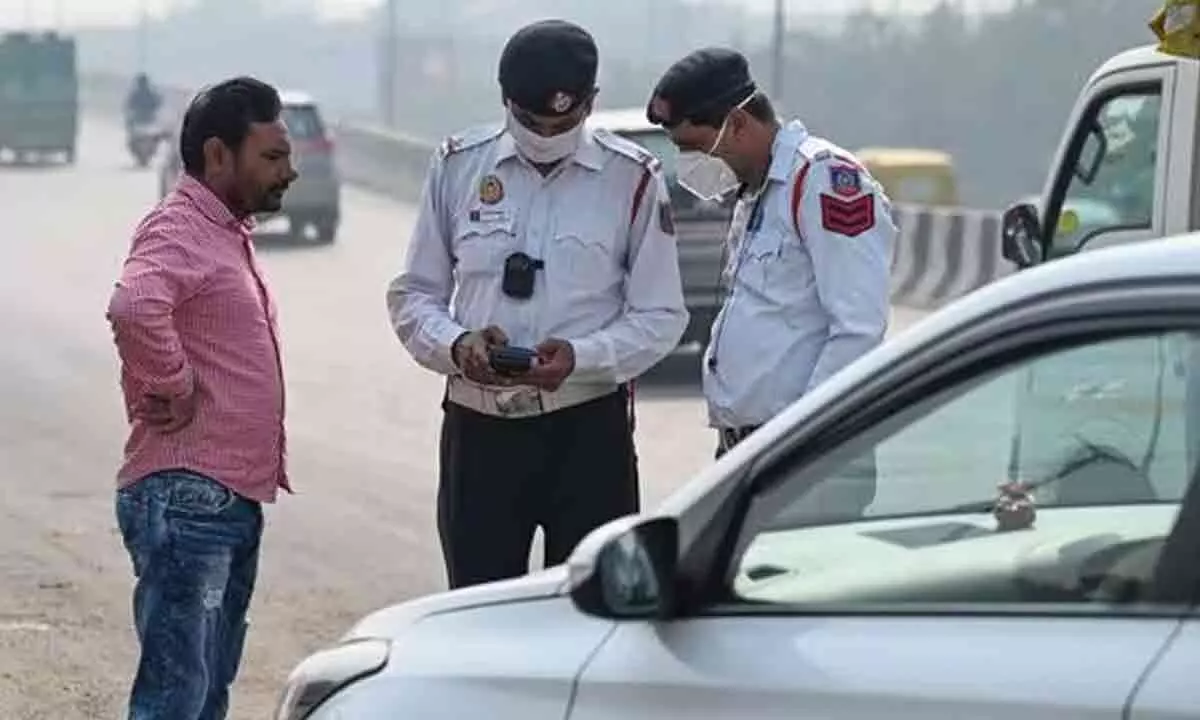Live
- BGT 2024-25: Nitish Kumar Reddy, Harshit Rana make India Test debuts in first Border-Gavaskar Trophy in Perth
- 100 students fall sick after consuming contaminated food
- TCS will commence ops in Visakha in 3 months: Lokesh
- Pawan, 2 other ministers rule out VSP privatisation
- HC Bench In Kurnool: House passes unanimous resolution
- Low Pressure Area Likely in Southeast Bay of Bengal, Heavy Rains Forecasted for AP
- Malabar Gold & Diamonds launches new gold jewellery
- Collector reviews arrangements for Guv’s visit
- 13 members of robbery gang arrested
- Country’s development depends on youth’s progress: Collector Vinod









